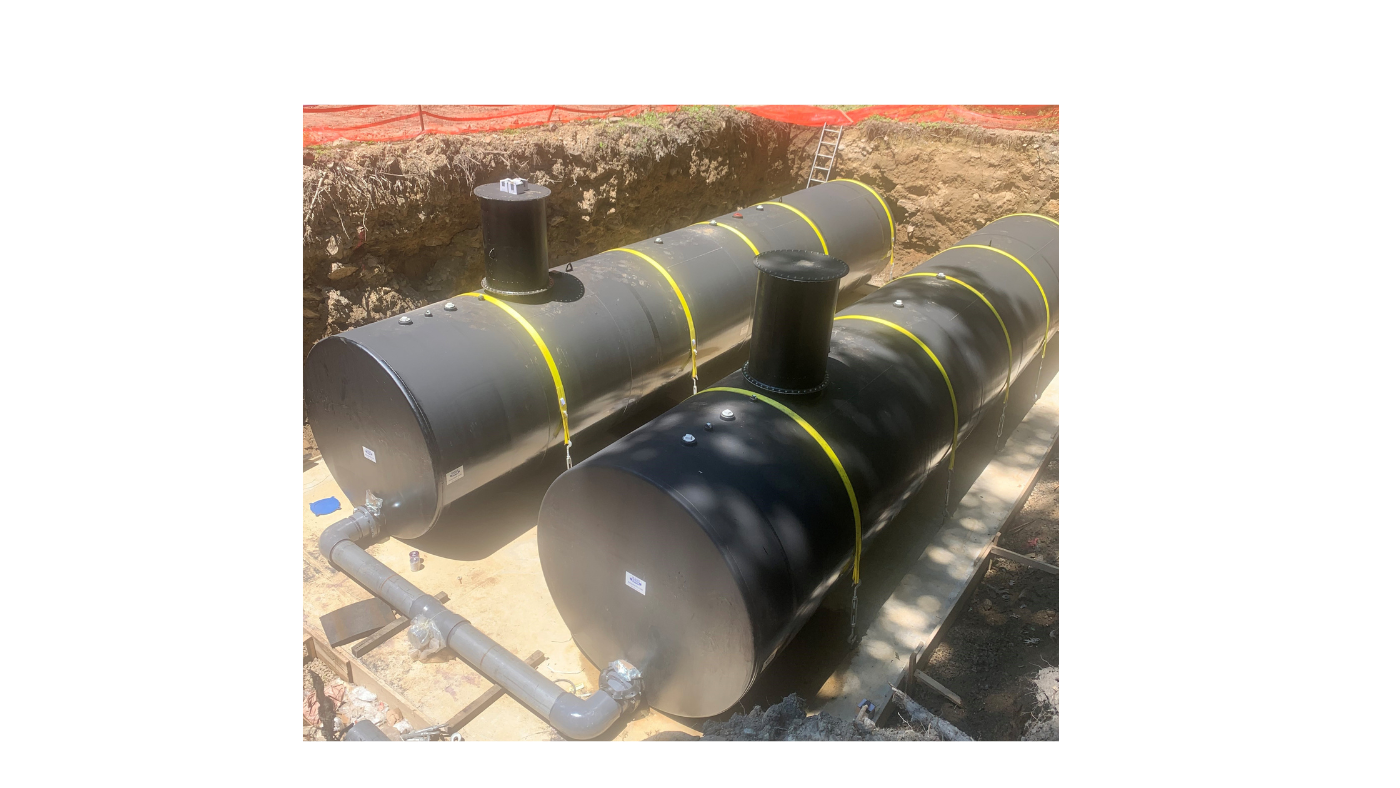Ensuring Safe Water: The Importance of Potable Water Tank Inspections
Ensuring Safe Water Supply: The Importance of Potable Water Tank Systems and Inspections
Access to clean and safe drinking water is essential for the health and well-being of individuals and communities. Potable water tank systems play a crucial role in providing this vital resource. Regular inspections of these systems are necessary to maintain water quality, prevent contamination, and ensure compliance with safety standards. In this blog post, we will explore the significance of potable water tank systems and highlight the importance of inspections in safeguarding our water supply.
- The Role of Potable Water Tank Systems: Potable water tank systems are designed to store and distribute safe drinking water to residential, commercial, and public facilities. These systems are commonly found in buildings, schools, hospitals, and other infrastructure. They consist of tanks, pipes, valves, and various components that work together to deliver clean and potable water for consumption, cooking, and hygiene purposes.
- Health and Safety Considerations: Maintaining the quality and safety of potable water is of utmost importance. Contaminated water can pose significant health risks, leading to the spread of waterborne diseases. Potable water tank systems must meet strict regulations and guidelines to ensure water purity, free from harmful bacteria, chemicals, and other contaminants. Inspections play a critical role in identifying potential issues and preventing water contamination.
- Regulatory Standards and Guidelines: Regulatory bodies and health organizations establish standards and guidelines for potable water tank systems to ensure compliance with safety and quality requirements. These standards may vary depending on the region or country, such as the Safe Drinking Water Act (SDWA) in the United States or the World Health Organization (WHO) guidelines internationally. Inspections help verify compliance with these standards and identify any areas that require attention or improvement.
- Types of Inspections: Regular inspections of potable water tank systems are essential to assess their condition, identify potential risks, and ensure proper maintenance. The following are common types of inspections conducted on these systems:
- Routine Visual Inspections: Visual inspections involve assessing the overall condition of the tanks, pipes, valves, and associated components. Inspectors look for signs of corrosion, leaks, sediment buildup, or any visible damage that may compromise water quality.
- Water Quality Sampling: Water samples are collected from the tanks and distribution points to test for microbiological and chemical parameters. These tests determine the presence of bacteria, such as E. coli, as well as the levels of disinfectants, pH, turbidity, and other important indicators of water quality.
- Structural and Mechanical Inspections: These inspections focus on the structural integrity of the tanks, assessing factors like corrosion, leaks, and proper functioning of valves, pumps, and other mechanical components.
- Cleaning and Maintenance Inspections: Inspections may also involve assessing the cleanliness of tanks, inspecting sediment levels, and ensuring proper maintenance activities, such as disinfection and flushing, are performed regularly.Types of Inspections: Regular inspections of potable water tank systems are essential to assess their condition, identify potential risks, and ensure proper maintenance. The following are common types of inspections conducted on these systems:
- Benefits of Regular Inspections: Regular inspections offer several benefits, including:
-
- Early Detection of Issues: Inspections help identify potential problems before they escalate, allowing for timely repairs and maintenance. This prevents water quality issues, reduces downtime, and avoids costly repairs or replacements.
- Compliance with Regulations: By conducting inspections, organizations demonstrate their commitment to meeting regulatory requirements and ensuring the safety of their water supply.
- Peace of Mind: Regular inspections provide reassurance to building owners, facility managers, and users that their water supply is safe, clean, and free from contaminants.
Potable water tank systems are critical components in ensuring a safe and reliable water supply. Regular inspections are essential to maintain water quality, prevent contamination, and comply with safety standards. By conducting routine visual inspections, water quality sampling, and structural assessments, organizations and individuals can protect the health and well-being of communities and ensure access to clean and potable water for all. Prioritizing inspections and prompt maintenance of these systems is an investment in public health and a commitment to providing a safe water supply. Get in touch with Mass Tank today to ensure your water system is clean, compliant, and safe!







